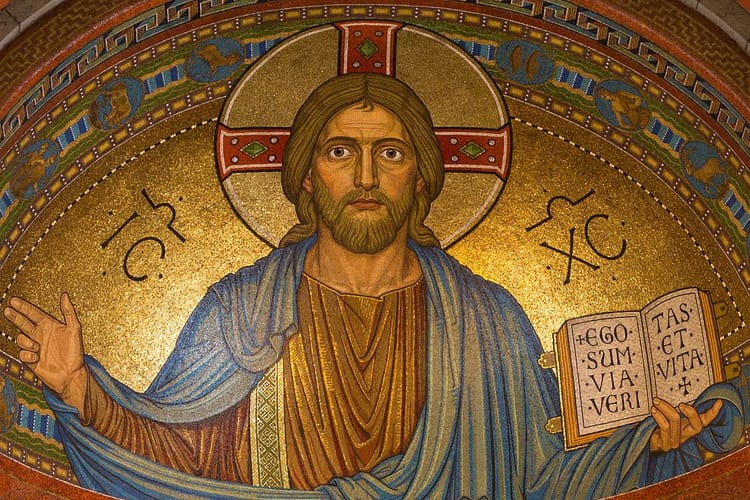The Higgs Boson and Christian Theology
This morning brings news of the discovery of a subatomic particle that resembles the Higgs boson. I last studied physics in 1986, so I confess that I am not entirely clear on the magnitude of this discovery. As I read the New York Times article, these two sentences stood out:
Confirmation of the Higgs boson or something very like it would constitute a rendezvous with destiny for a generation of physicists who have believed in the boson for half a century without ever seeing it.
And it reaffirms a grand view of a universe ruled by simple and elegant and symmetrical laws, but in which everything interesting in it, such as ourselves, is due to flaws or breaks in that symmetry.
Point #1: A generation of physicists have believed in the boson for fifty years with no visual evidence. As a person of faith, I know something about how that feels. I didn’t realize that the disciplines of science made room for belief without evidence, but I’m not surprised. The human condition seems to require that we hold faith in that which is invisible: God, love, the Higgs boson.
Point #2: The idea that the universe coheres with elegance, but we human beings are a break in its symmetry, is a nice fit with Christianity. The Christian story teaches:
- An invisible Creator brought all things into being in a universe of beauty and order;
- Human beings, because we wanted to act as if we were God, through our own choice created disorder;
- Our Creator did not abandon us, but inspired people (prophets, sages) to teach a way to live in alignment with all creation;
- When we persisted in our poor choices, our Creator loved us so much that He took on human form to teach us personally;
- Flawed and broken people that we are, we killed Him. But, because He is Life itself, He rose from the dead.
- He now invites us to rise from the living death of an ordinary broken life, and become agents of grace in a world enslaved to sin and death.
Good religion tells the truth about life and provides a way for people to pass wisdom from generation to generation. For instance, the Christian story basically sums up these facts of life:
- Human beings like to pretend we have more wisdom and power than we really do
- We seem to be the only disharmonious and destructive element in an otherwise elegant and sustainable world
- We need a remedy for this situation which is greater than ourselves
Seems like the new physics reinforces these truths… maybe I should be paying closer attention!
7/5/12 UPDATE: This post, which I expected to fade quickly into obscurity, is showing up in search results for “Higgs boson Christianity” and the like. If you found this post through Google, welcome!
I’m noticing in the comments [on the previous website that hosted them - sadly now gone] that there is a presupposition among some that the claims of religion and the claims of science are mutually exclusive. I think that’s a false opposition. If you’d like to read about the respectful co-existence of science and religion, I recommend this interview with the Rev. Dr. Rodney Holder, an astrophysicist and priest.





Member discussion